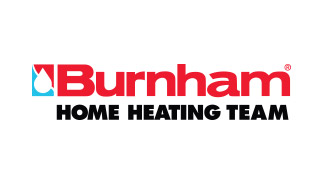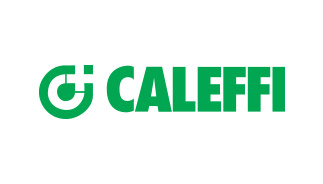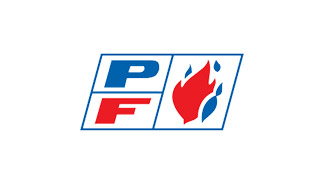Published on
June 16th, 2022Why Is Your Boiler’s Low Water Cut Off So Important?
Boilers are the lifeblood of New York City’s larger buildings, as they are essential for heat and hot water. One of the most critical elements in any boiler system is the low water cut off. Here’s what you need to know about this vital component of your boiler and how to keep it in good shape to prevent malfunctions that could be a safety hazard for the property.
What Is the Function of the Low Water Cut Off?
Essential boiler safety
Normally, your boiler fills with a steady supply of water to make hot water and steam for radiators. However, if there is a problem with the replenishment of water, the boiler can overheat, much like an empty pan left on a hot stove. This is known as “dry firing.”
The consequences of a dry fired boiler are dire as the boiler can become permanently damaged.
To prevent this type of disaster, boilers for the last 100 years have been outfitted with low water cut off mechanisms, which are now required by the New York City Code. If the level of water in the boiler tank is less than the minimum required for safe operation, the boiler shuts off when this device cuts the electrical circuit and/or gas fuel line.
Often, the low water cut off is integrated with the boiler feed controls, as they are all part of the same operational loop. When the low water sensor (see below) detects the boiler’s water level is dropping, it cues the device to add more water. If the water level is not restored, the cut off process commences.
Two Types of Low Water Cut Off Systems
Float type
Many applications use the float type of low water cut off device. This simple mechanism, which resembles the float used in a toilet tank, is connected to an electrical switch, which is in turn linked to the boiler’s burner. When the tank’s water level becomes too low for safety, the circuit is broken, which triggers the burner to shut off.
Electronic sensor
Some boiler systems employ an electronic sensor that immerses an electrode tip in the boiler tank. If the electrode becomes dry due to a low water level, the circuit powering the boiler is cut, so it stops heating.
Why Do Low Water Cut Offs Sometimes Malfunction?
Usually maintenance related
Low water cut offs can fail, and, unfortunately, this is often due to entirely preventable conditions. Proper checks and maintenance can prevent malfunction due to these common causes:
- Buildup of sediment, rust, or mineral scale on the low water sensor that prevents it from moving freely
- Low water cut off system past its useful lifespan and prone to leaks (float taking on water), worn parts, or electrical shorts
- Improper setup of the low water cut off device
- Incorrect boiler blowdown process that creates a vacuum and causes disintegration of the float sensor
- Bent control arm
Maintenance Tips for Boiler Low Water Cut Off Mechanisms
Expert advice
As mentioned above, regular maintenance of your boiler system, including the low water cut off, can prevent catastrophe brought on by dry firing. Here are some tips from the experts at Calray Boilers to keep your system operating properly.
Never wait for your low water cut off device to fail before repairing or replacing it if you notice something is wrong. If you’ve had previous problems with the low water cut off malfunctioning, at minimum, it should be monitored regularly as part of your routine checklist.
Recognize signs of trouble that should prompt a call for professional boiler service:
- Undesirable elements in the water due to lack of boiler water treatment, hard water, corrosion, or sediment that needs to be filtered
- Boiler components triggering circuit breaker
- Signs of electrical wear and tear, like broken switches or frayed cords
- Poor visibility in sights
- Gauge readings not within normal range
- Problems with the automatic boiler feed system or steam return lines
If you have questions about how to perform these checks, we’re happy to help you. We can also address issues related to improper boiler blowdown.
Finally, be sure to schedule a full boiler maintenance check at least once per year – more often if your boiler is old or if you want the peace of mind that comes with knowing it’s in top shape. Call Calray Boilers at 212-722-5506 or use our easy online form to schedule a service call.










